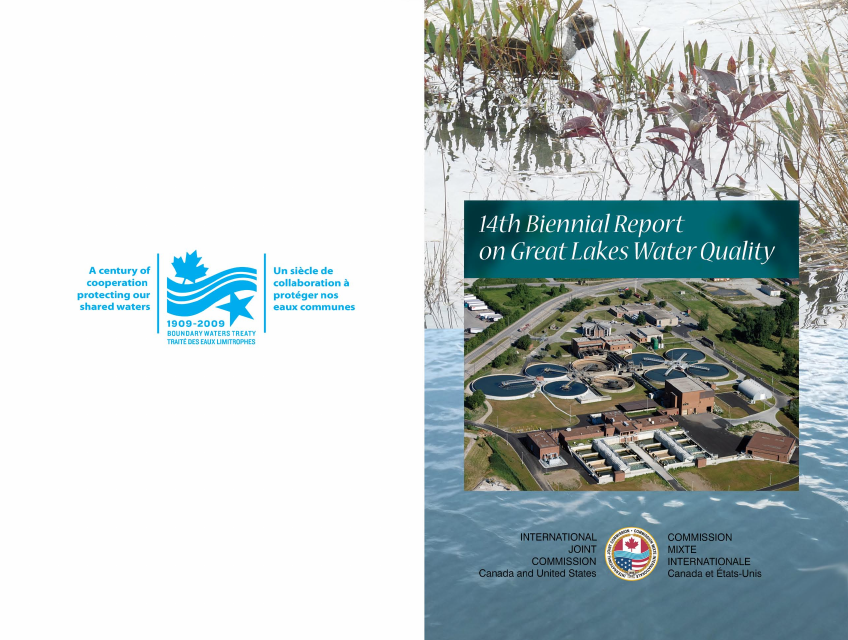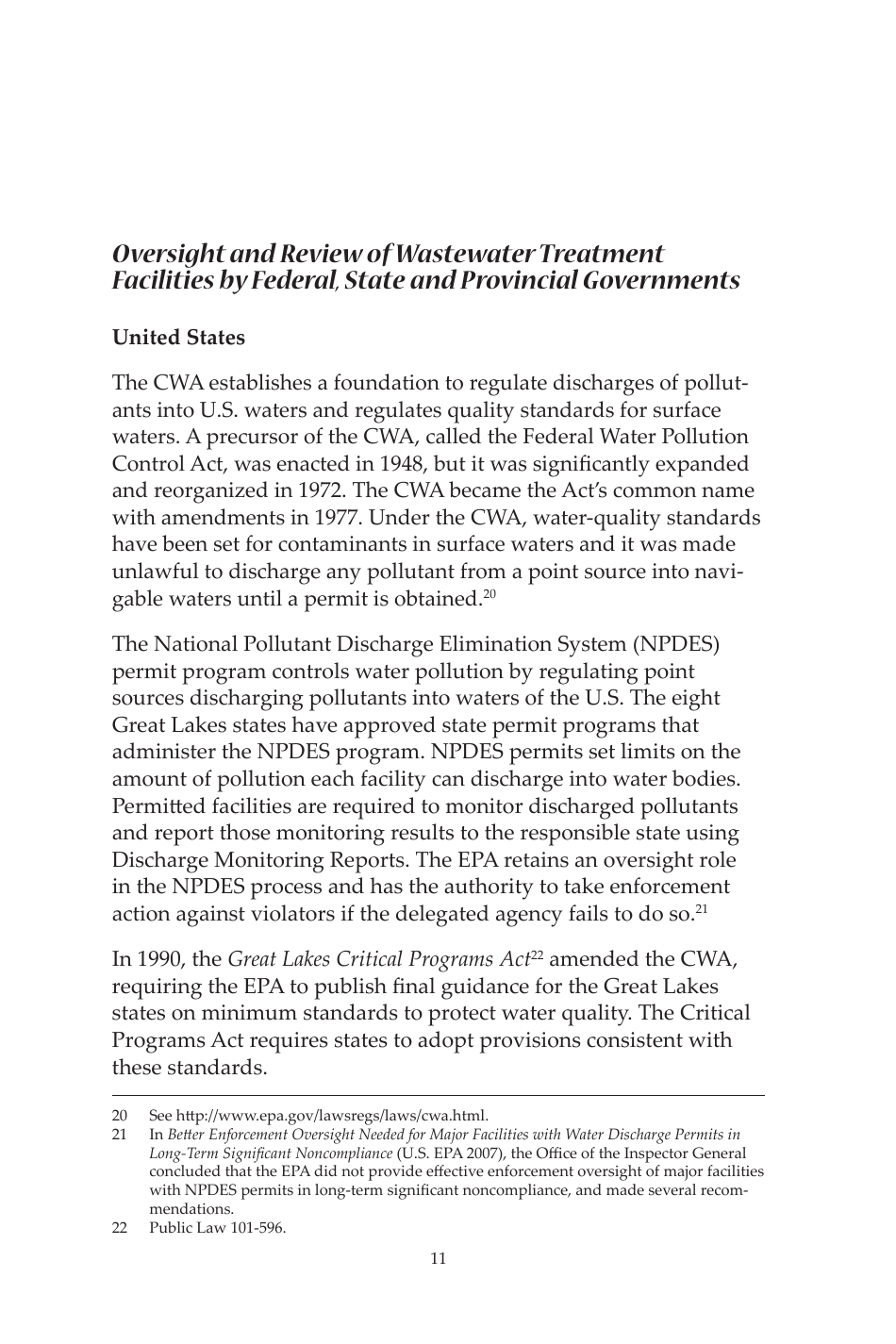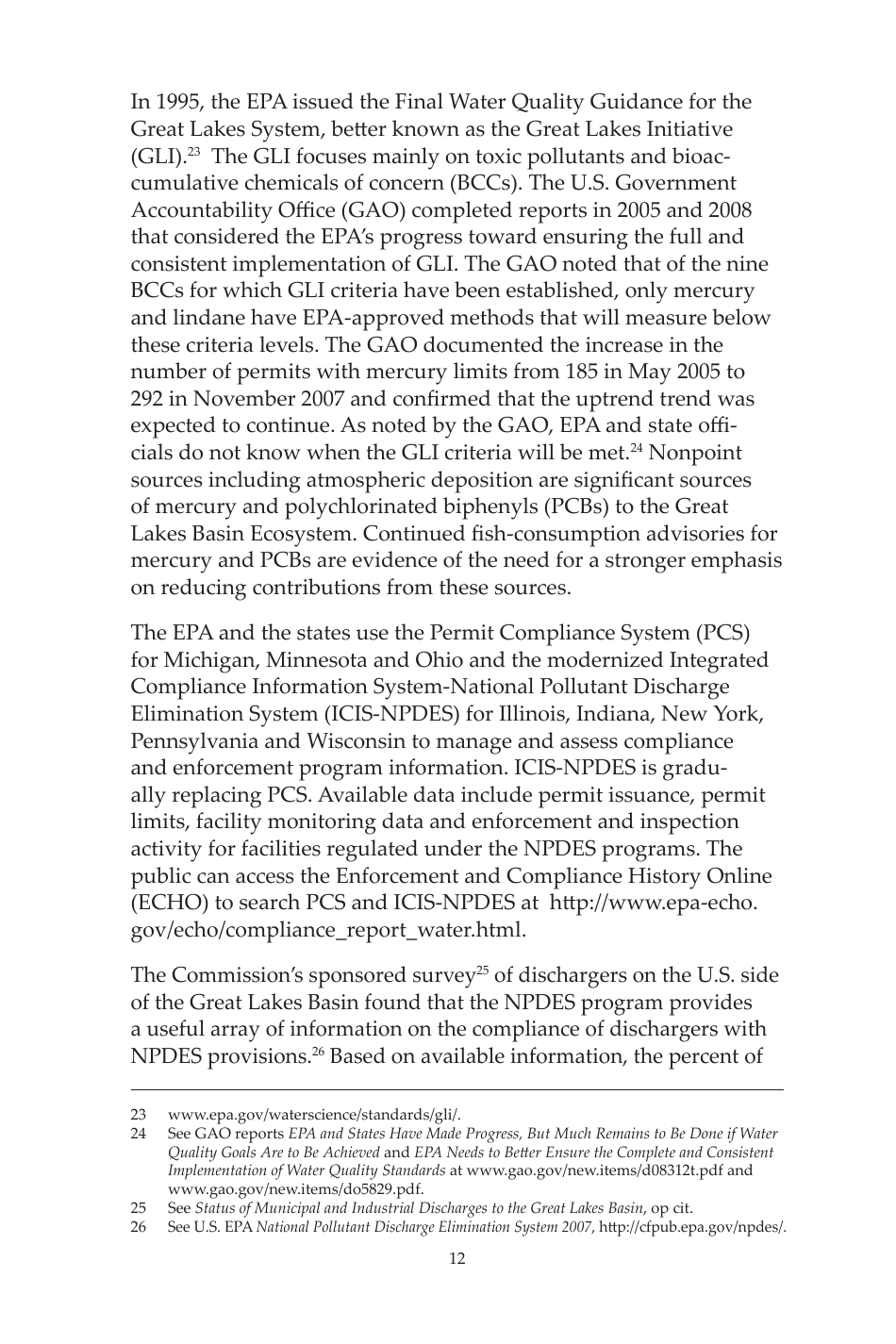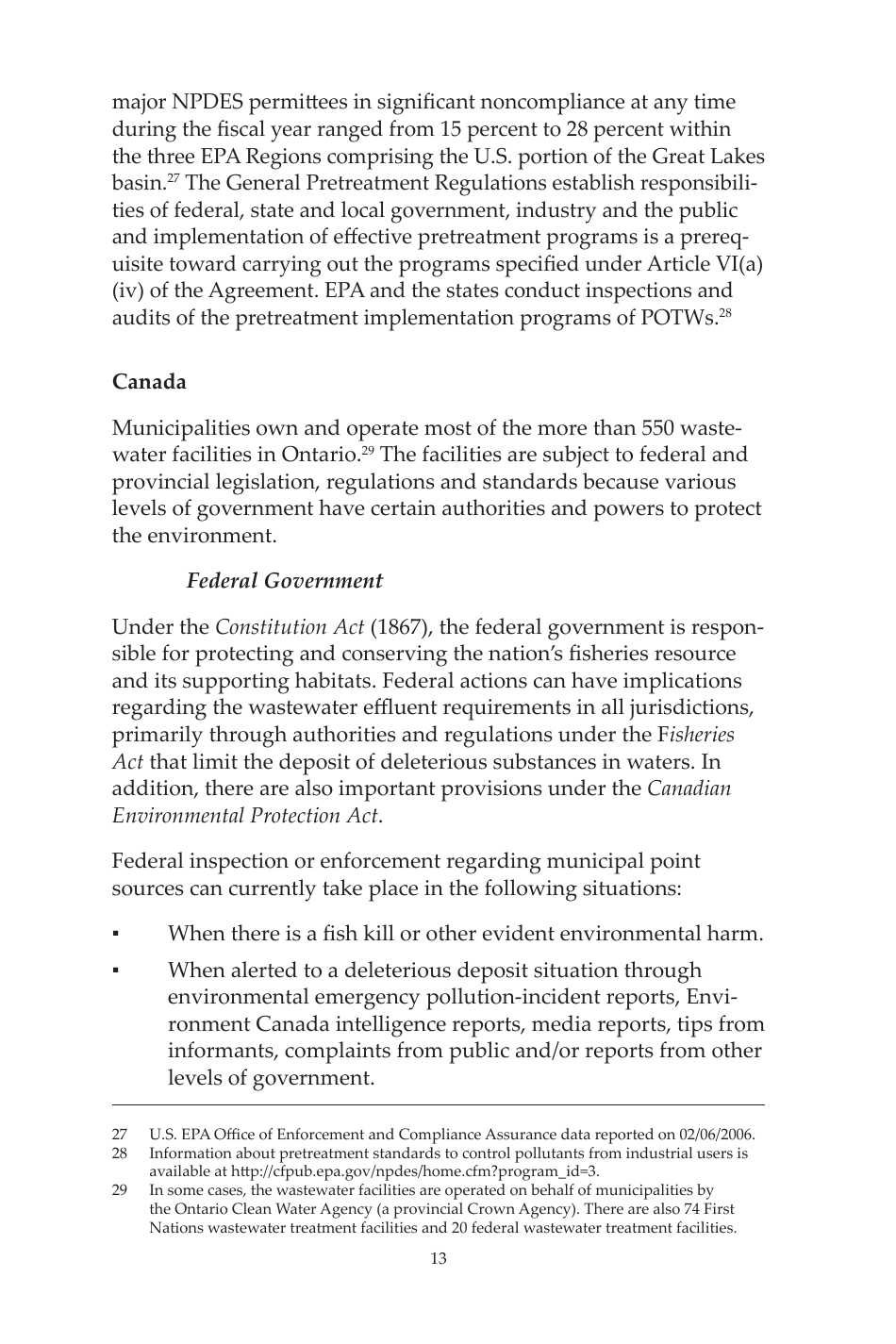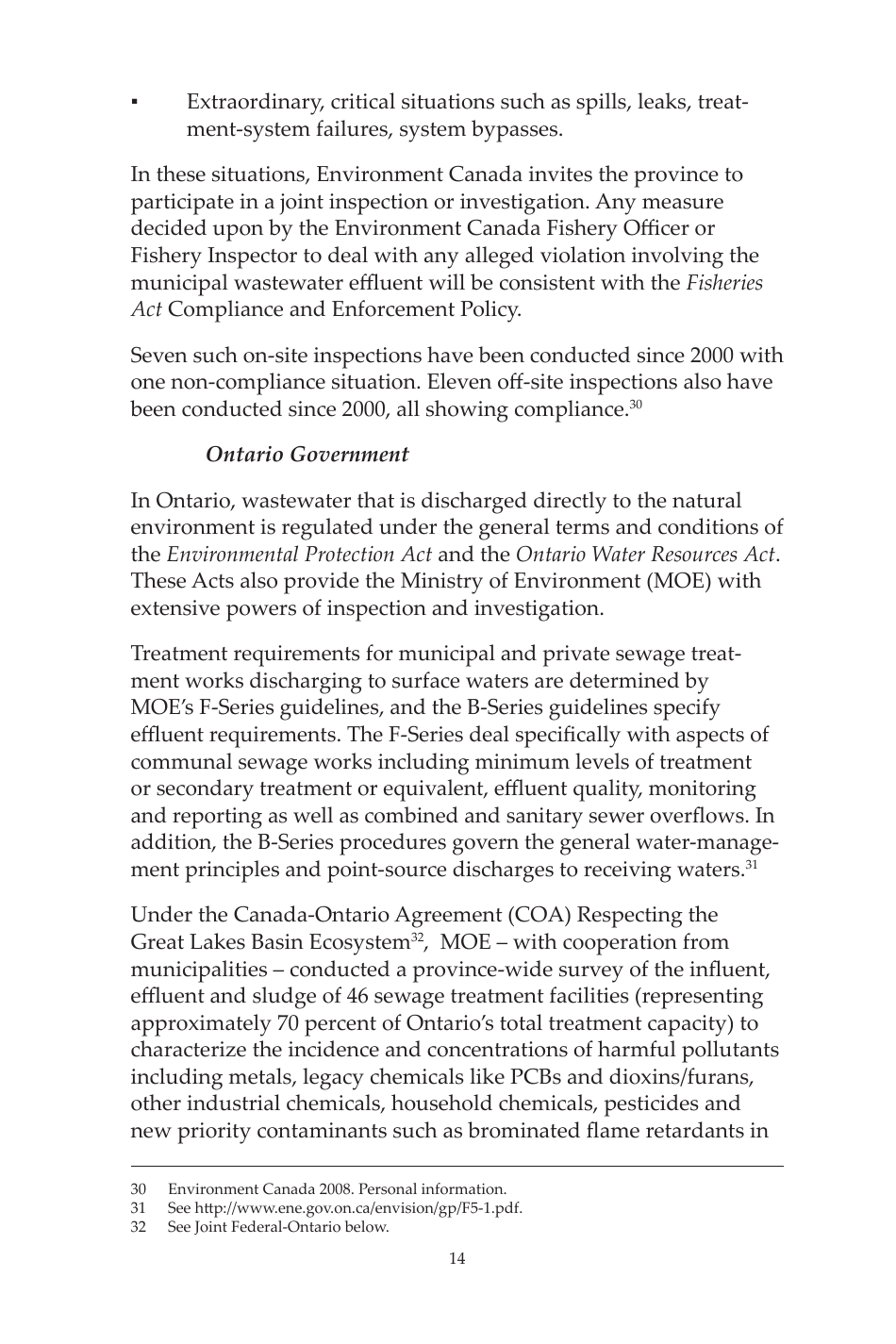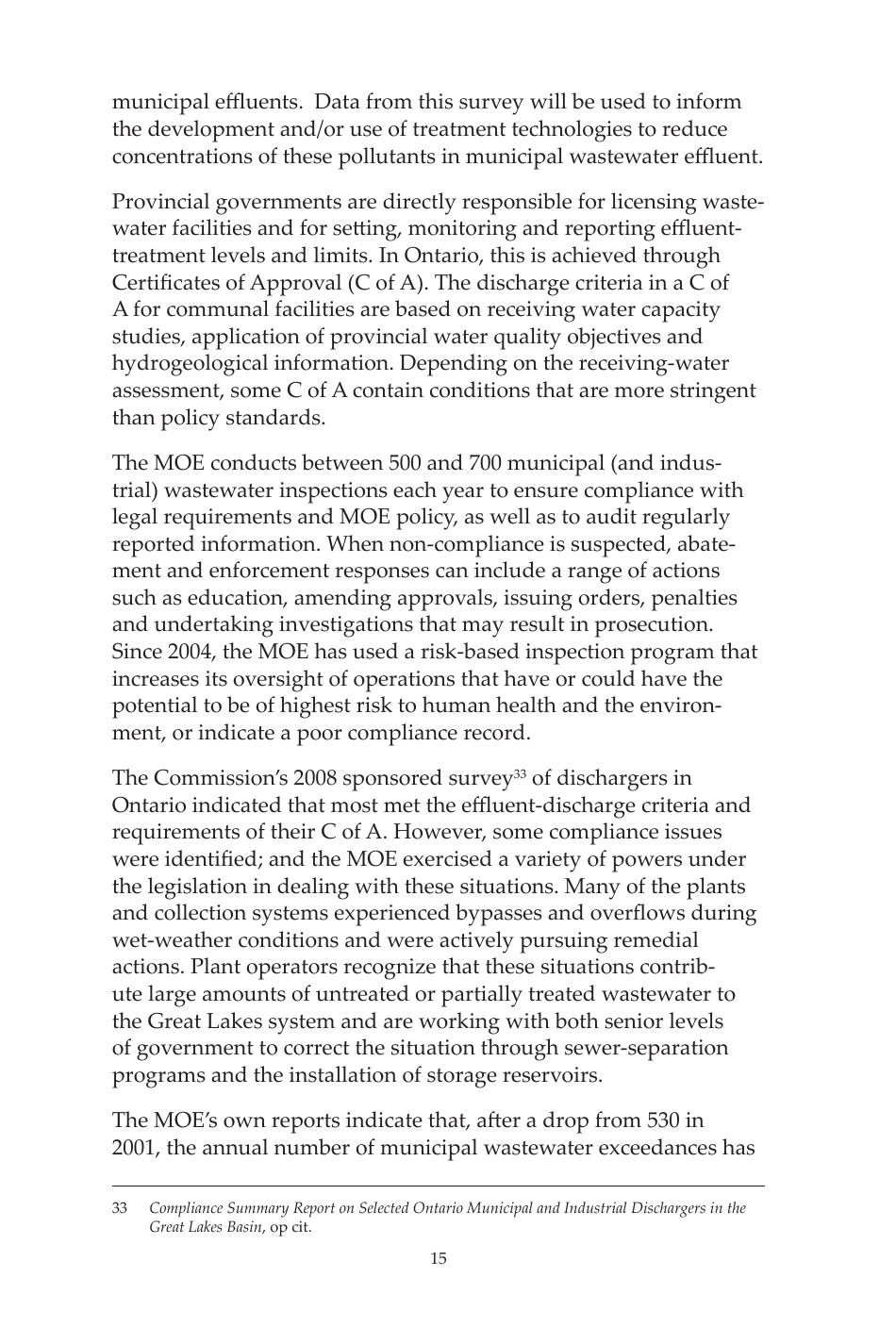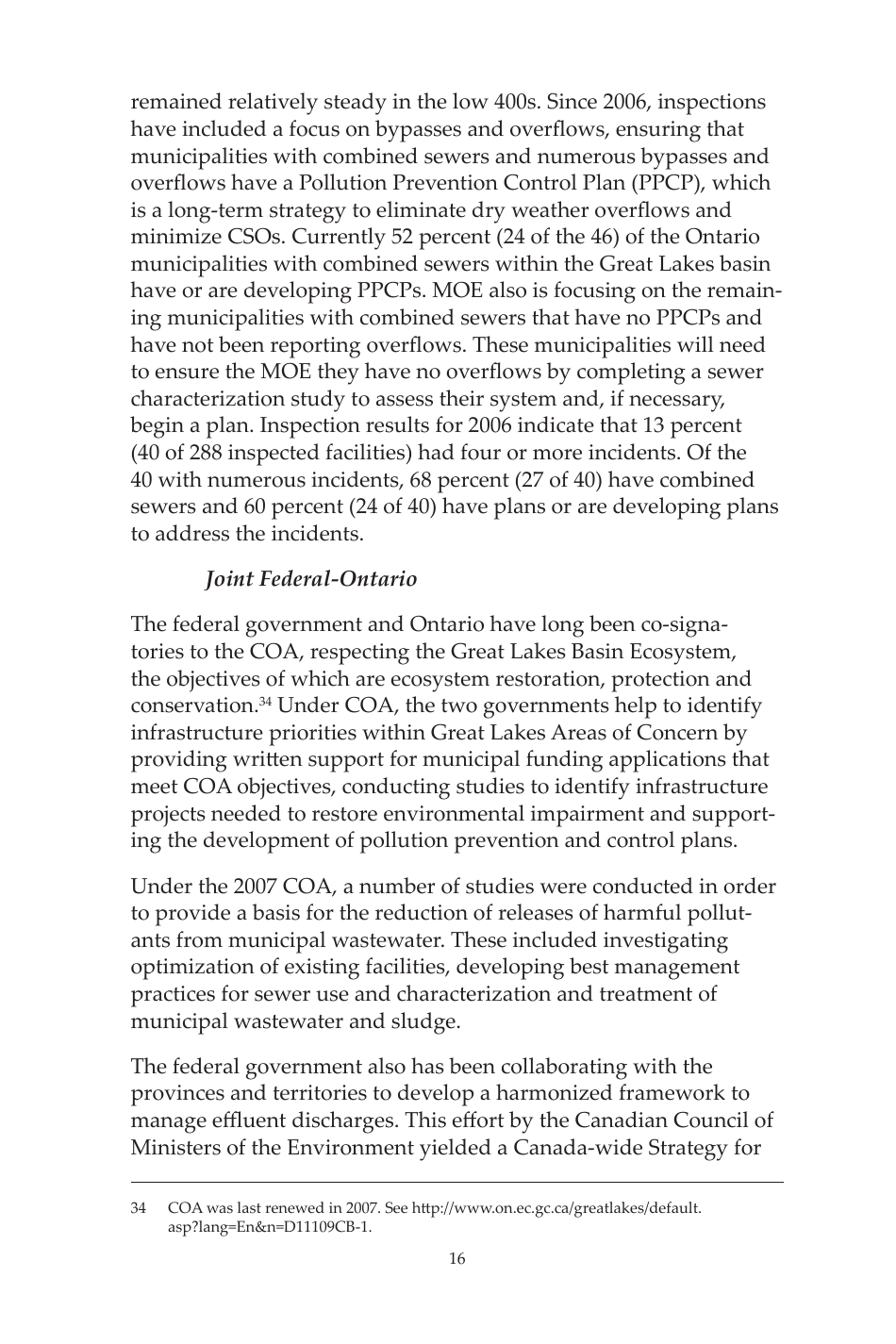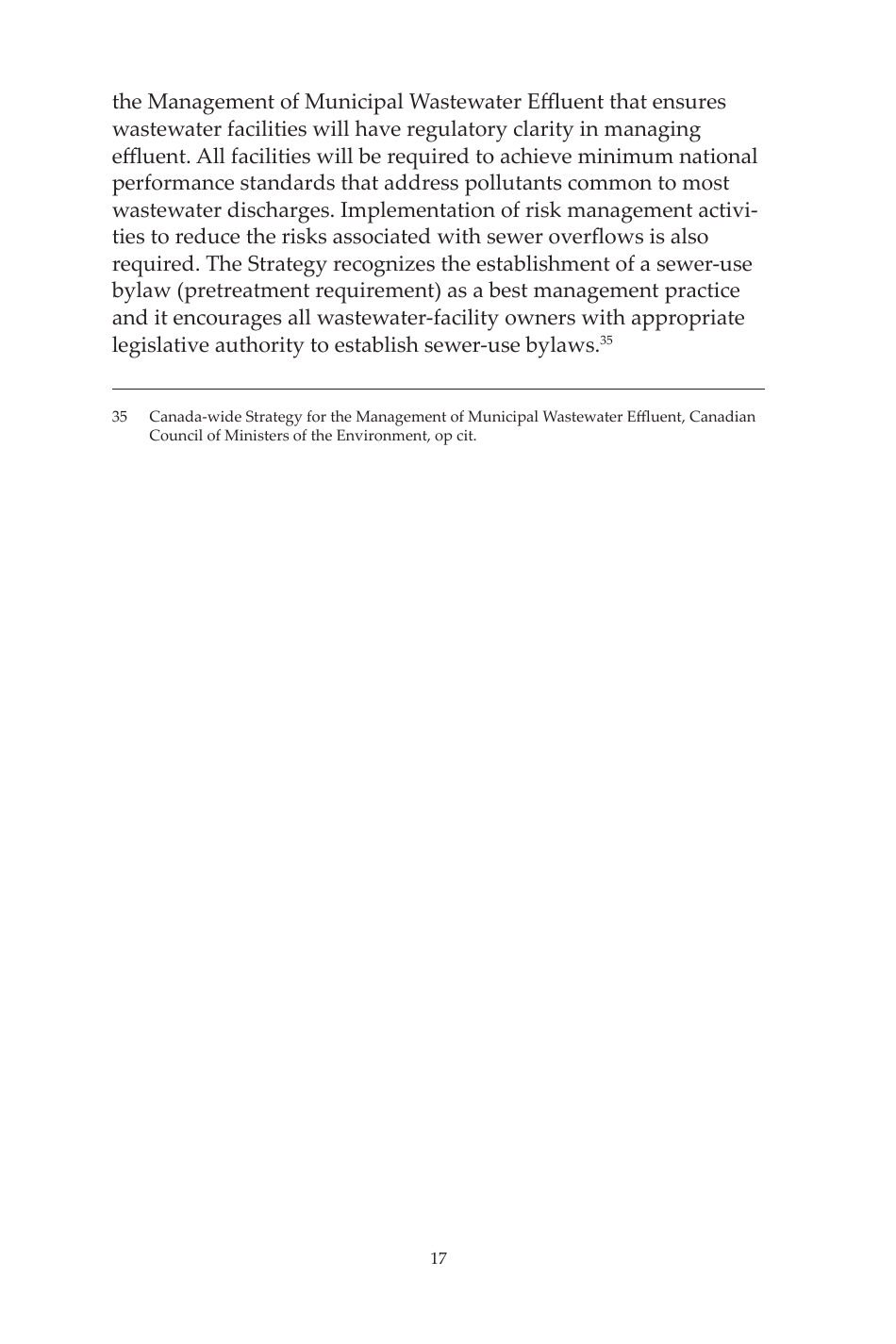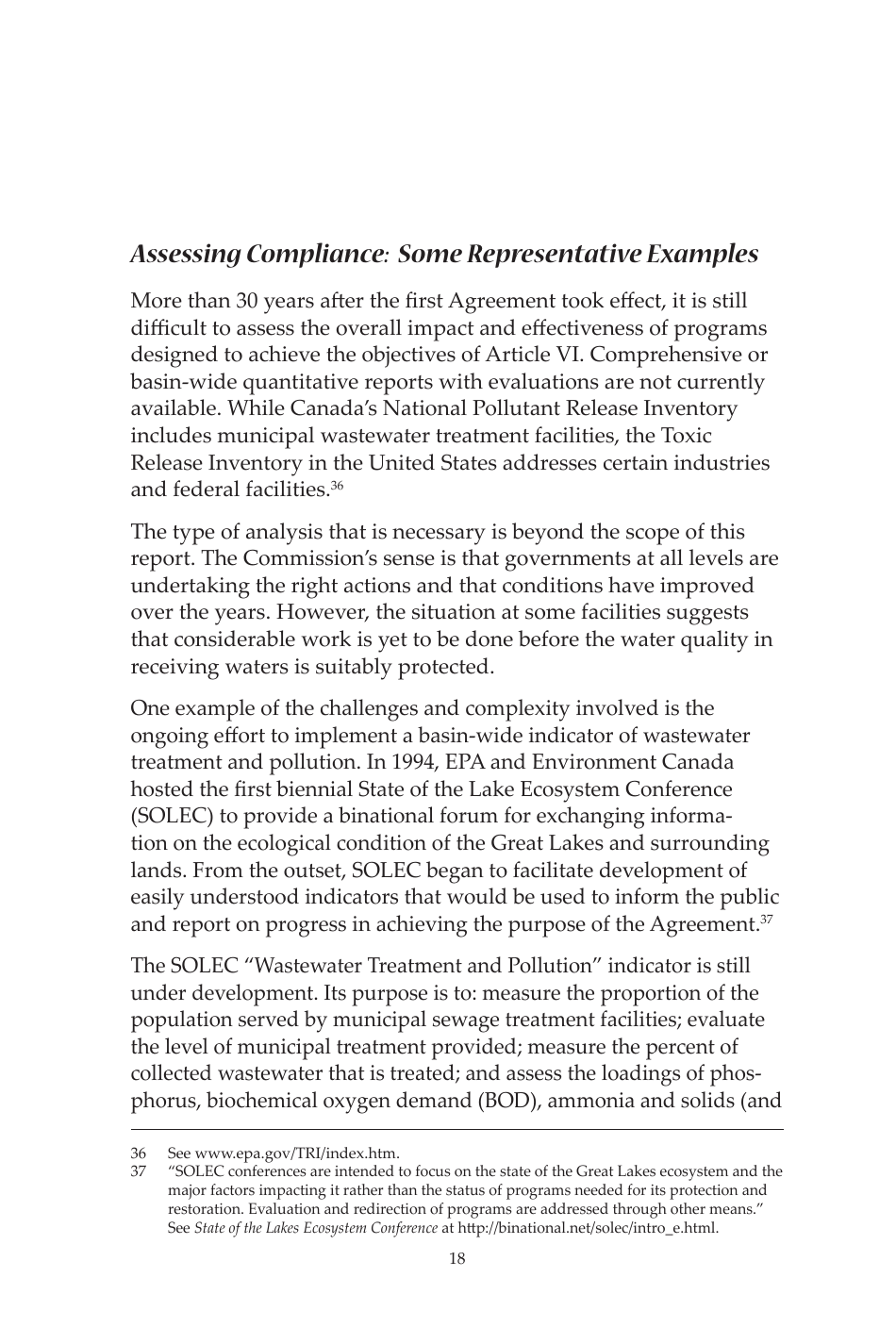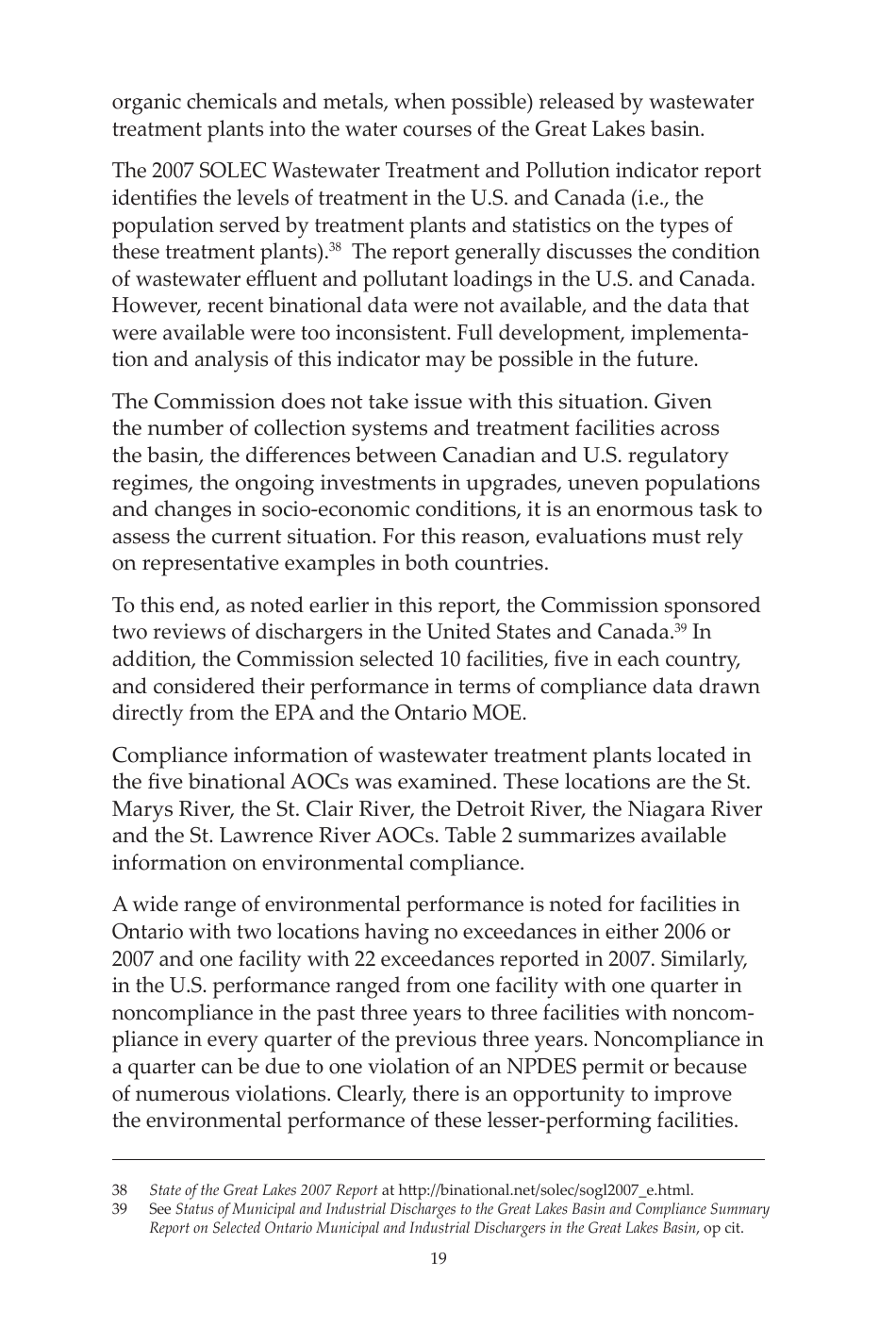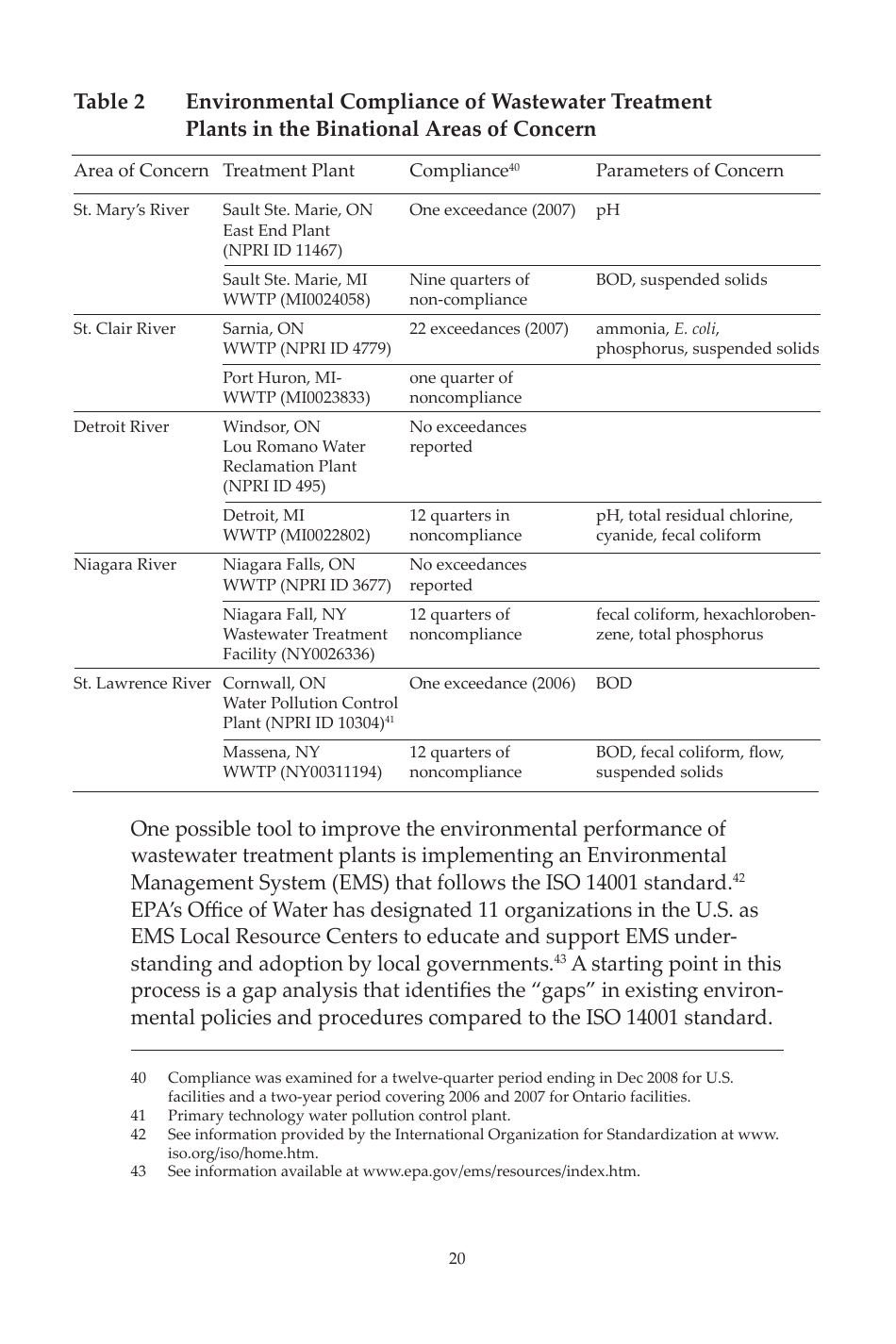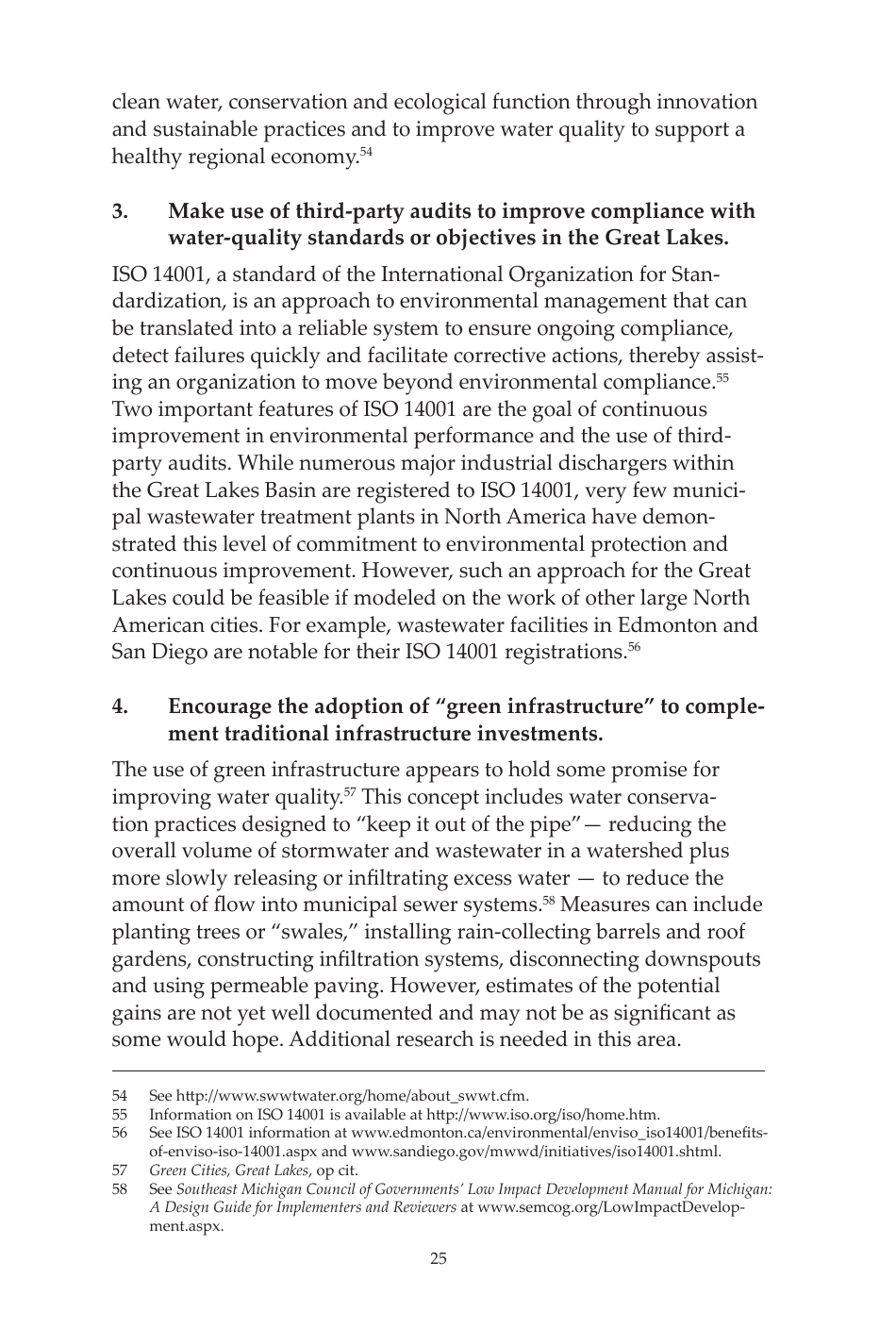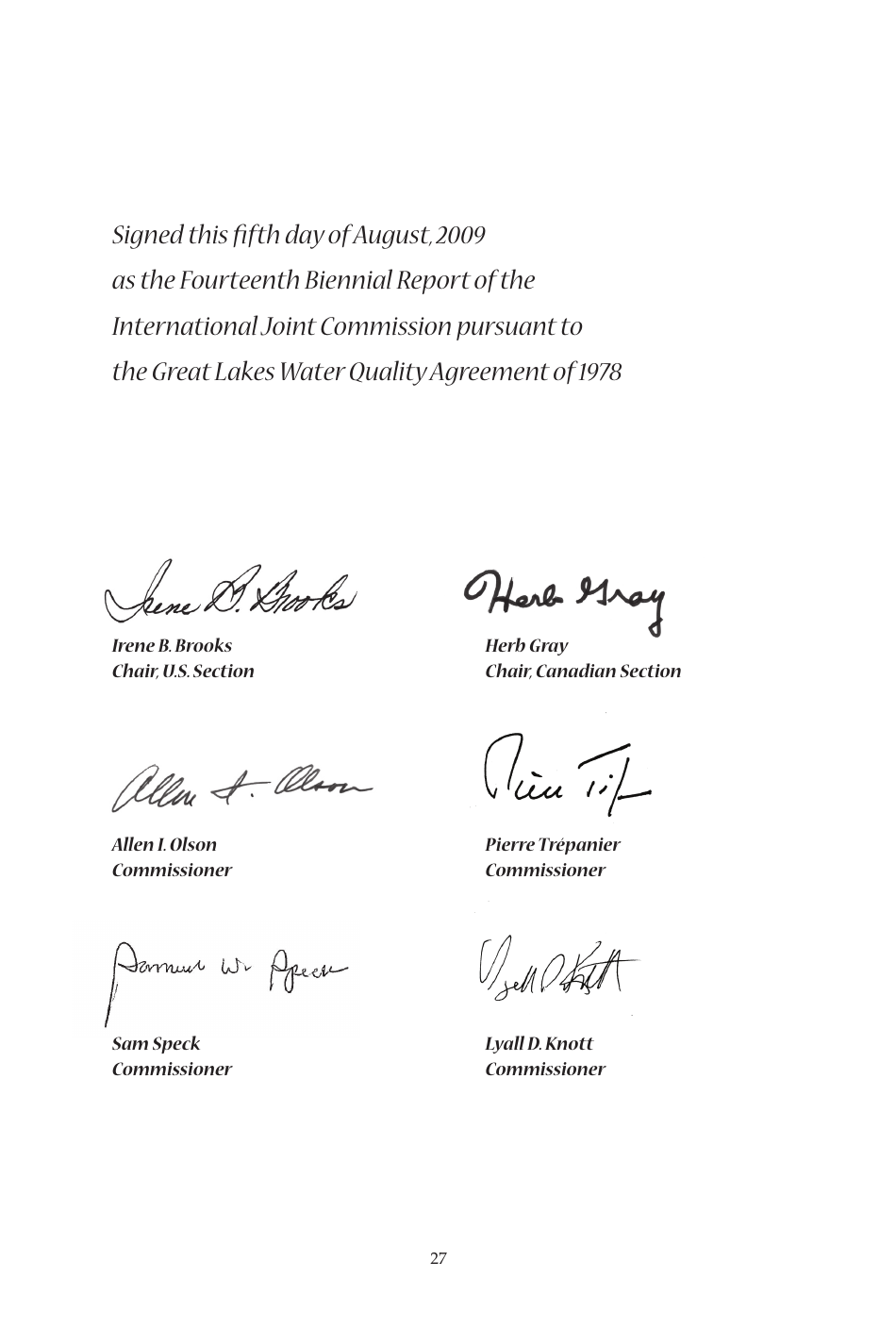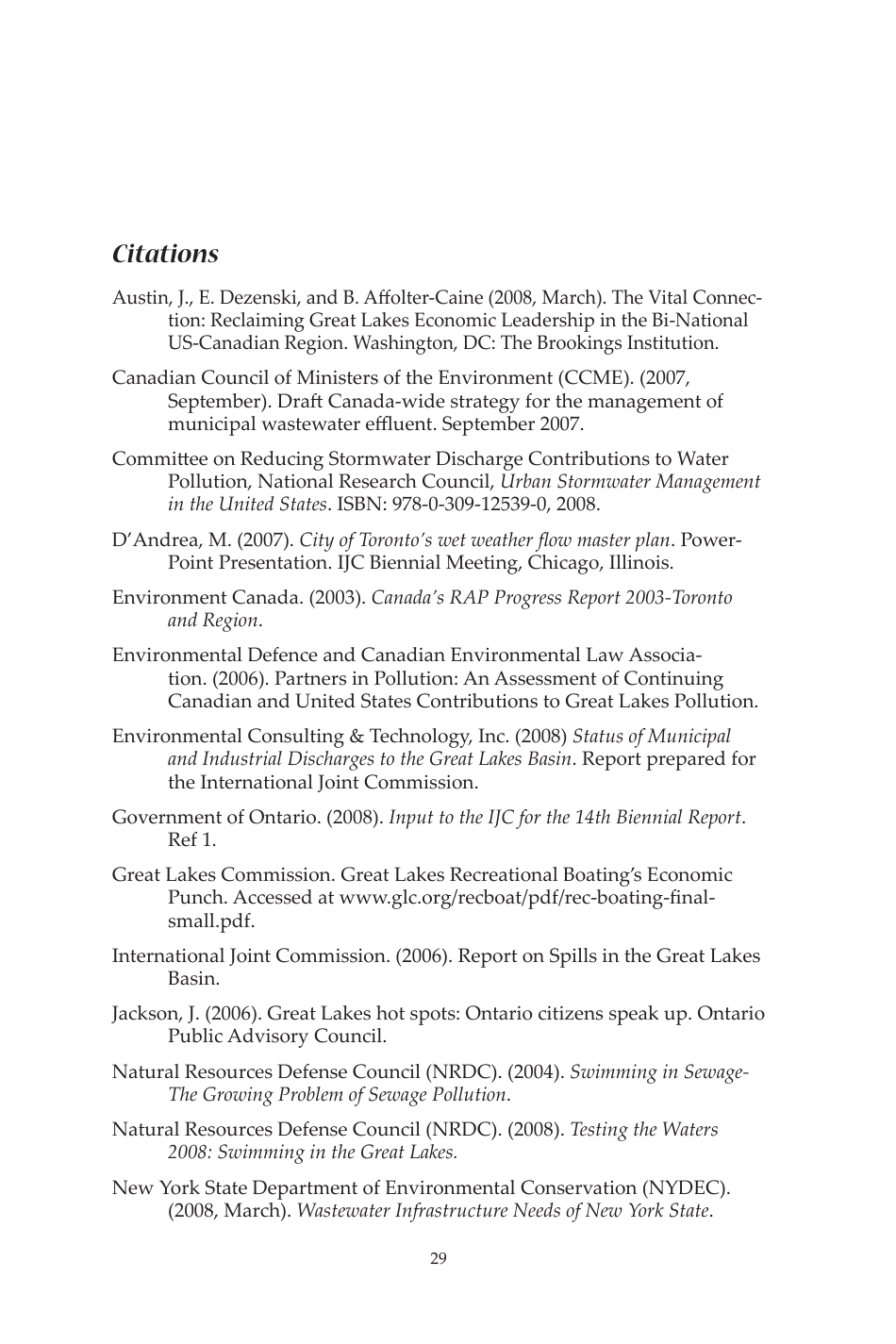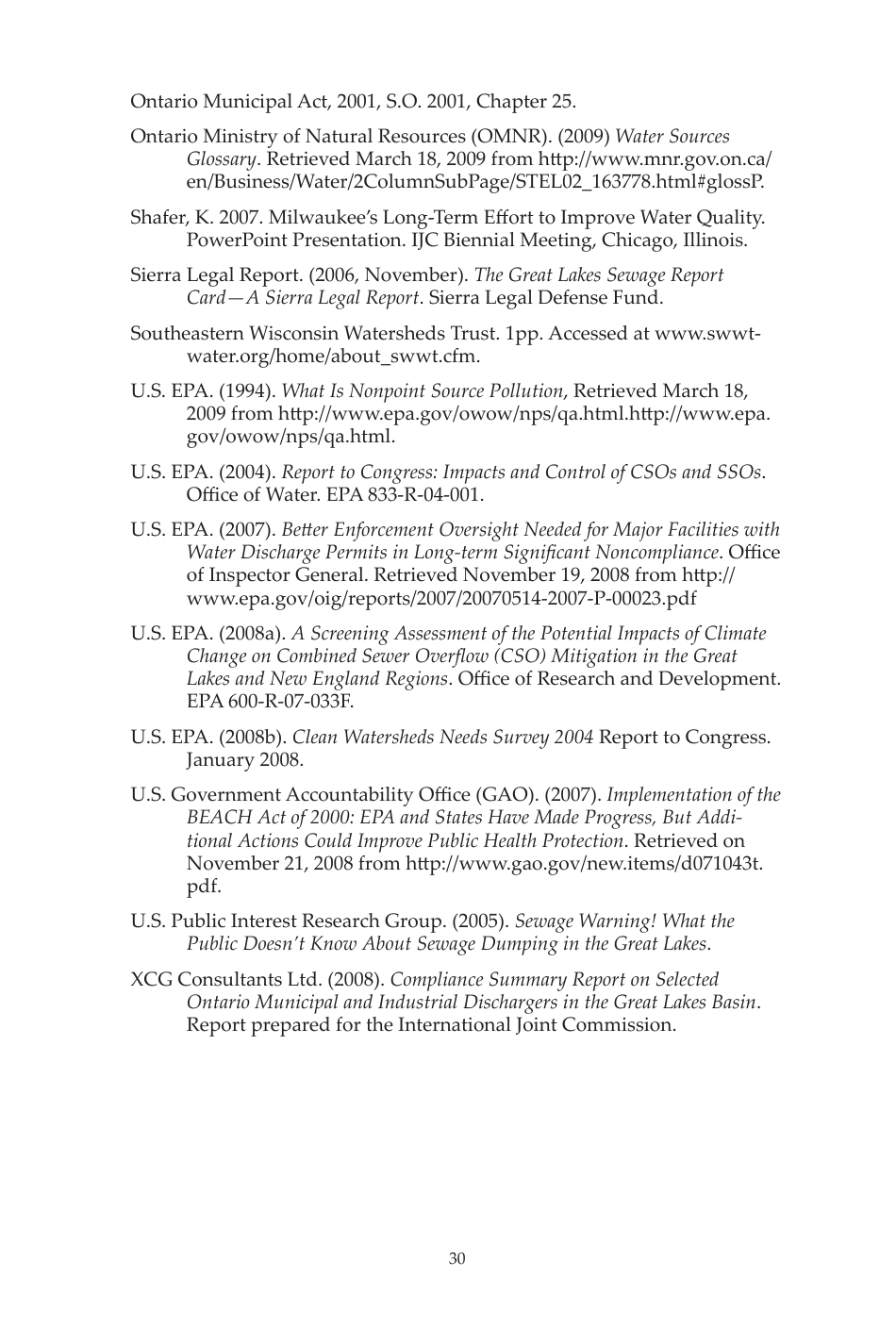14th Biennial Report on Great Lakes Water Quality - International Joint Commission United States and Canada
The 14th Biennial Report on Great Lakes Water Quality, published by the International Joint Commission of the United States and Canada, provides an assessment of the water quality of the Great Lakes region. It aims to inform policymakers and the public about the health and condition of these important natural resources.
The 14th Biennial Report on Great Lakes Water Quality is filed by the International Joint Commission, which is a United States and Canada organization.
FAQ
Q: What is the 14th Biennial Report on Great Lakes Water Quality?
A: The 14th Biennial Report is a report on the quality of water in the Great Lakes.
Q: Who prepared the report?
A: The report was prepared by the International Joint Commission (IJC) of the United States and Canada.
Q: What is the purpose of the report?
A: The purpose of the report is to assess and inform the public about the current state of water quality in the Great Lakes.
Q: What is the International Joint Commission?
A: The International Joint Commission is an organization that manages and protects shared water resources between the United States and Canada.
Q: How often is the Biennial Report published?
A: The Biennial Report is published every two years, as its name suggests.
Q: What is the significance of the Great Lakes?
A: The Great Lakes are the largest group of freshwater lakes in the world and provide drinking water to millions of people in the United States and Canada.
Q: What are some of the key findings in the 14th Biennial Report?
A: The report highlights challenges such as nutrient pollution, invasive species, and climate change that affect the health of the Great Lakes.
Q: What is nutrient pollution?
A: Nutrient pollution refers to the excessive amounts of nutrients, mostly from agriculture and wastewater, that can cause harmful algal blooms and other water quality issues.
Q: What are some examples of invasive species in the Great Lakes?
A: Examples of invasive species in the Great Lakes include zebra mussels, Asian carp, and sea lampreys.
Q: What are the potential impacts of climate change on the Great Lakes?
A: Climate change can lead to warmer water temperatures, increased precipitation events, and changes in lake levels, which can all have significant impacts on the Great Lakes ecosystem.
